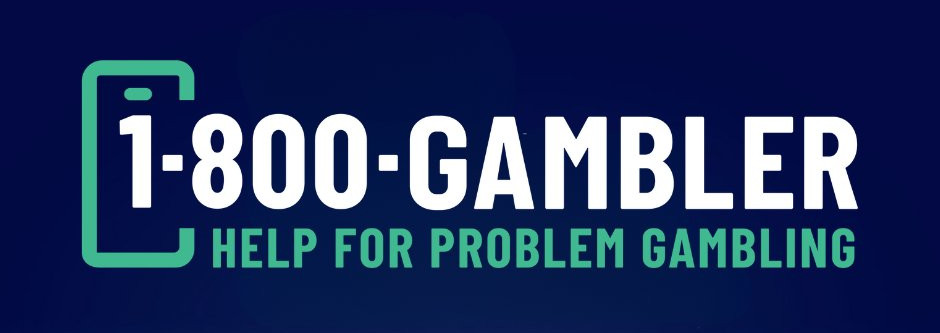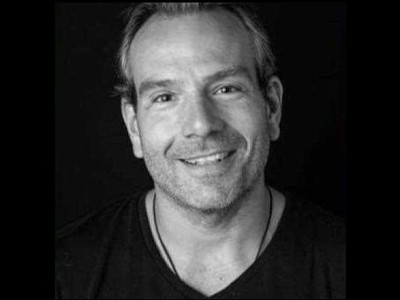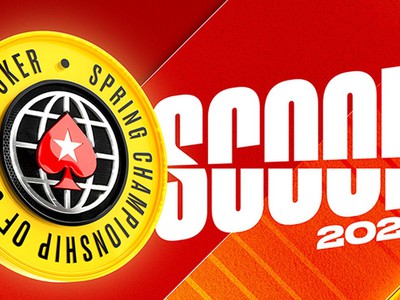Nearly one year after signing an agreement to make the 1-800-GAMBLER hotline available across the US, the National Council on Problem Gambling (NCPG) has released a toolkit to promote the hotline and an analytics dashboard to help sort data from calls made to the number.
“We are thrilled to release these resources for the National Problem Gambling Helpline,” NCPG Executive Director Keith Whyte said in a statement last week.
“Our research indicates only 45% of Americans would know where to get help for someone with a gambling problem. We hope this toolkit will make it easier for organizations to raise awareness of the Helpline and connect people with the resources they need.”
Last June, the NCPG came to an agreement with one of its affiliates, the Council on Compulsive Gambling of New Jersey (CCGNJ), under which the NCPG would lease and operate the 1-800-GAMBLER hotline for six years. The number would also become the official National Problem Gambling Helpline number.
The NCPG said the toolkit is designed to align messaging about the National Problem Gambling Helpline with operators, the media, regulators, healthcare providers, and other organizations. Those entities, in turn, promote the helpline to the public.
“Aligned and consistent messaging promoting a single point of contact is vital to ensuring public clarity about where to seek help for a gambling problem,” NCPG said. “The toolkit includes a variety of resources to help organizations promote 1-800-GAMBLER, including brand guidelines, logos, and social media shareables.”
The toolkit is available at no charge on NCPG’s website.
Analytics Dashboard Also Released
NCPG also released an analytics dashboard free to the public. “It is designed to provide transparency and insight into the trends and patterns of incoming traffic to the National Problem Gambling Helpline,” the council said. “The dashboard includes interactive charts and graphs that allow users to filter the data by date, state, or contact method.”
Both the toolkit and the dashboard are part of the NCPG’s National Problem Gambling Helpline Modernization Project, an ongoing effort supported by a three-year, $6.2 million grant from the National Football League Foundation (NFLF).
“NCPG is working to make updates to the National Problem Gambling Helpline, including enhancements to network services, training, operations, and public awareness,” NCPG said. “This project will enable NCPG to increase awareness of and improve access to high-quality services that are available to individuals, families, and communities impacted by problem gambling.”
NFLF awarded the grant in October 2021, and it remains the largest grant to the NCPG to date. The football foundation awarded the grant to NCPG because the organization was a leading proponent for disseminating responsible gaming (RG) messaging to local markets across the US — through a campaign that includes television, radio, and streaming services.
RG advocates have long supported taking 1-800-GAMBLER national. “This easy-to-remember number helps reduce barriers to resources for those affected by problem gambling,” NCPG said, adding that the National Problem Gambling Helpline Network “consists of 29 contact centers that provide information, resources, and referrals for all 50 states and US territories.”
The NCPG has been keeping its previous National Problem Gambling Helpline Network number, 1-800-522-4700, running alongside 1-800-GAMBLER.






